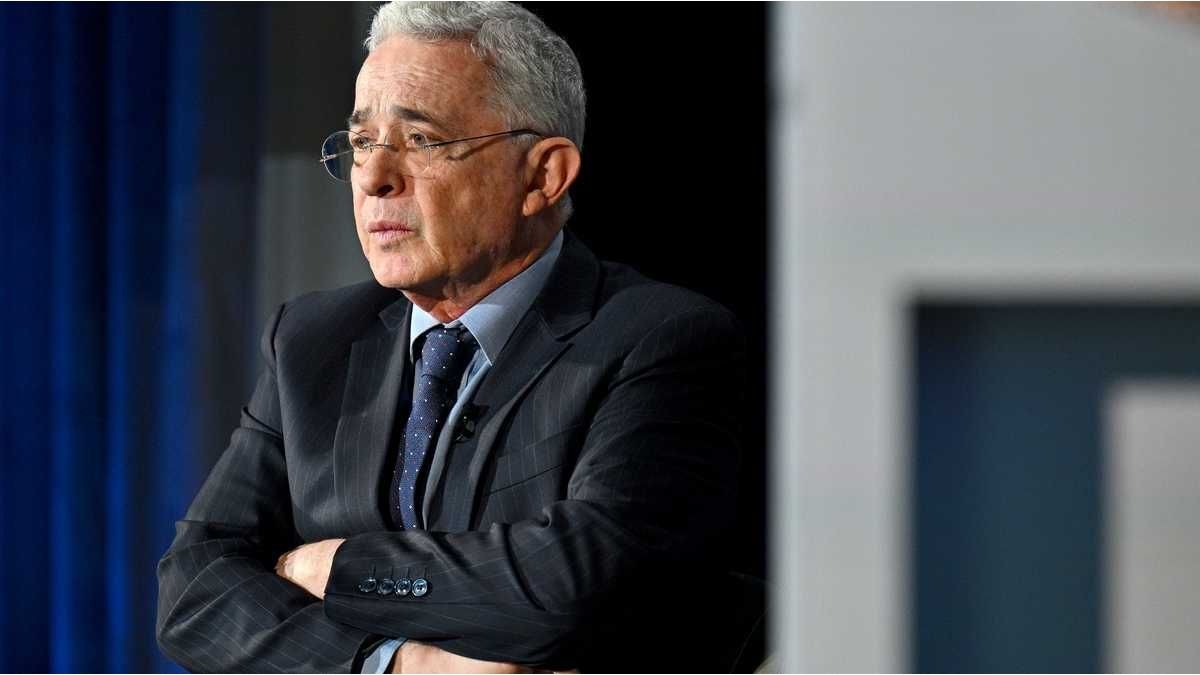The award presented on Monday in Vienna honors, among other things, the mediation work of the 39-year-old scientist from the Complexity Science Hub (CSH) and the Medical University of Vienna around the corona pandemic. In the election, which has been held annually since 1994, the journalists’ club primarily wants to honor the efforts of researchers to make their work and their subject understandable to a broader public and thus to increase awareness of the importance of local science. Klimek could hardly have dreamed of receiving the award: “The way things have accelerated and developed in recent years actually leaves me speechless and stunned,” said the scientist.
Confused virus, long braking distance
Klimek has been closely linked to crisis management since the beginning of the pandemic, for example as part of the Covid forecast consortium. The physicist and complexity researcher also repeatedly issued tips against politics because of epidemiologically hardly comprehensible measures or loosening of measures or because of their inertia in fighting pandemics: “Apparently the strategy is to confuse the virus with unpredictable opening steps,” said Klimek, for example in view of the announced Opening steps with increasing numbers in March 2021. He repeatedly criticized the too long political “braking distance”. Last but not least, the always level-headed scientist saw statements by politicians that promoted the hostility to science in Austria just before the lockdown, which was looming again in autumn, that the country would be “one step further towards a banana republic”.
Klimek is now one of the most frequently appearing scientists in the media and is increasingly being asked about his political opinions. “I’ve always understood the role of a scientist to mean that communication is a large part of it.” It is also about being able to explain to less science-savvy people “why this is something cool and useful,” said the researcher, who now had to embed his mediation work much more in the political context and suddenly saw his statements being used politically: “That was definitely a new challenge.”
As a pandemic declarant, remained true to himself
Suddenly finding yourself on the most-watched news programs was just as new to Klimek. He used to be “extremely upset inside” about the fact that people appeared there, “who talk for ten minutes and say nothing. So I made up my mind: If I sit there, I’ll just say what’s going on”. He appreciates the fact that as a scientist you can speak much more freely than some politicians – “of course always anchored in the evidence where it is our day-to-day business to process it”.
The most important thing for the “pandemic explainers” is “that you simply stay up to date and up-to-date with how the research results are developing. I would like to tell people that we are doing this job and taking it very seriously,” emphasized Klimek . The new Omikron variant of the SARS-CoV-2 pathogen shows how quickly everything can change.
In the media appearances that have almost become routine, he tries to “stay true to himself,” said the father of two young children. He has received a lot of positive feedback on his statements regarding the hostility to science in this country. In any case, one must further emphasize how science contributes to the solution of the pandemic, and not leave the topic leadership to “a few thousand people screaming loudly at the ring”.
Amazing variety of topics
The scientist, who grew up in Lower Austria and Vienna, “only” conveyed his research long before the pandemic. For many years he has published regularly in renowned specialist magazines – often in tandem with CSH boss Stefan Thurner, the “Scientist of the Year 2017”. The range of topics that Klimek deals with on the basis of data is quite astonishing: for example, he used a statistical method he developed to prove various irregularities in elections all over the world, and dealt with changes in trends in pop music or economic issues .
However, the focus of his work has long been in the medical field. “We want to understand how healthy we Austrians actually are,” said Klimek. A constant companion is the often difficult availability of data by international comparison, from which important findings can be derived – an aspect that Klimek has repeatedly addressed critically in the course of the pandemic.
“Muddled through from wave to wave”
This is also related to the fact that in Austria, unfortunately, people only “muddled through” from wave to wave. The pandemic has been going on for around two years and could go on for even longer: “We have to start once, to create permanent structures.”
After the virologist Elisabeth Puchhammer-Stöckl as “Scientist of the Year 2020”, Klimek is now the second award winner from the ranks of researchers who have recently made great contributions to the management of the pandemic. In previous years, the historian Barbara Stelzl-Marx (2019), the chemist Nuno Maulide (2018), Stefan Thurner (2017) and the gender medicine specialist Alexandra Kautzky-Willer (2016) received the award.
Source: Nachrichten




